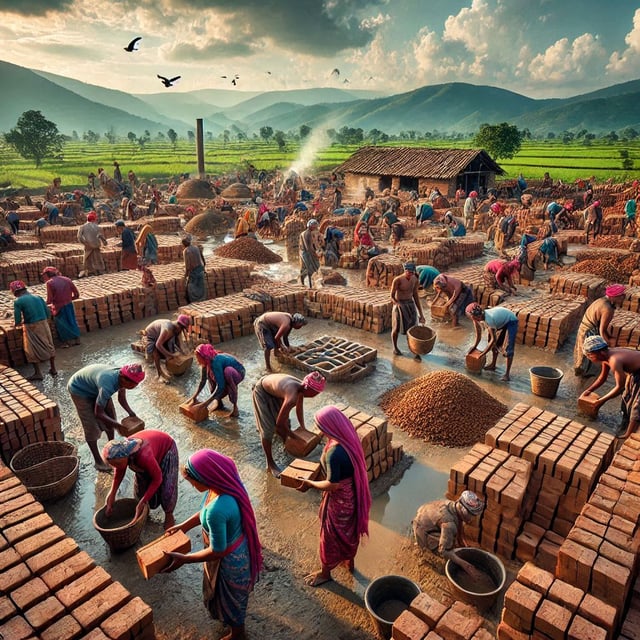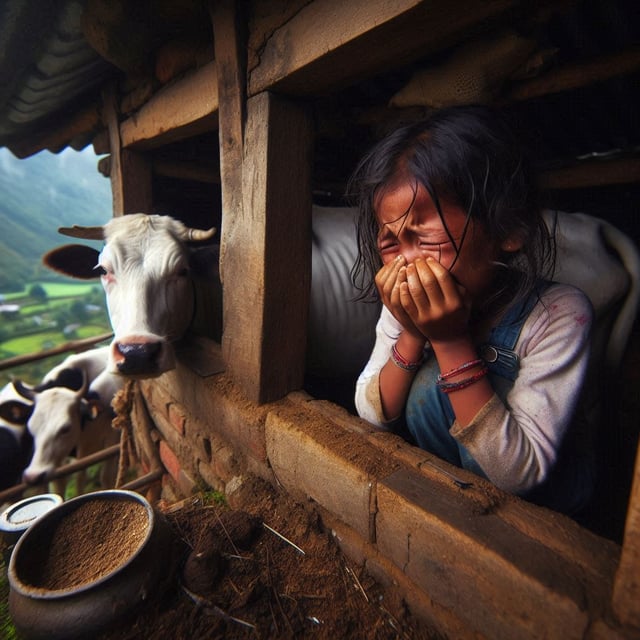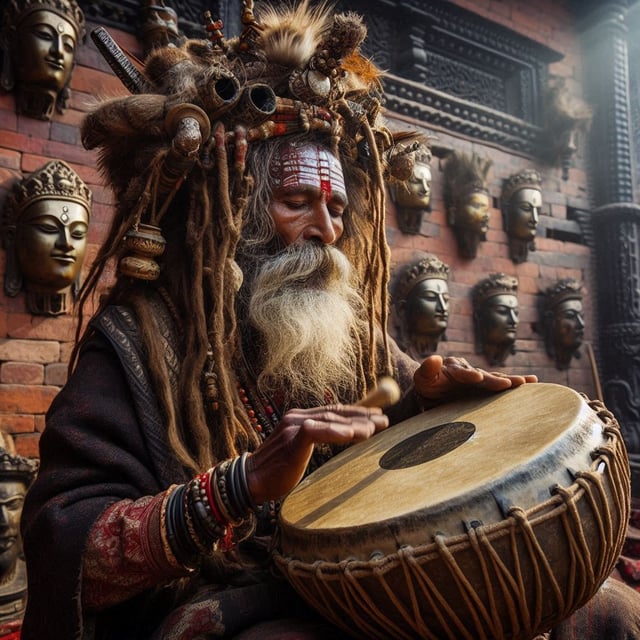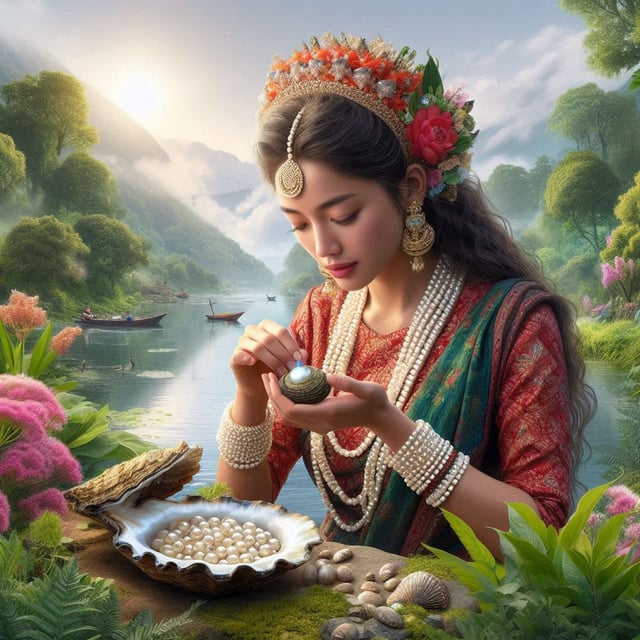Yomari - a cult of cuisine
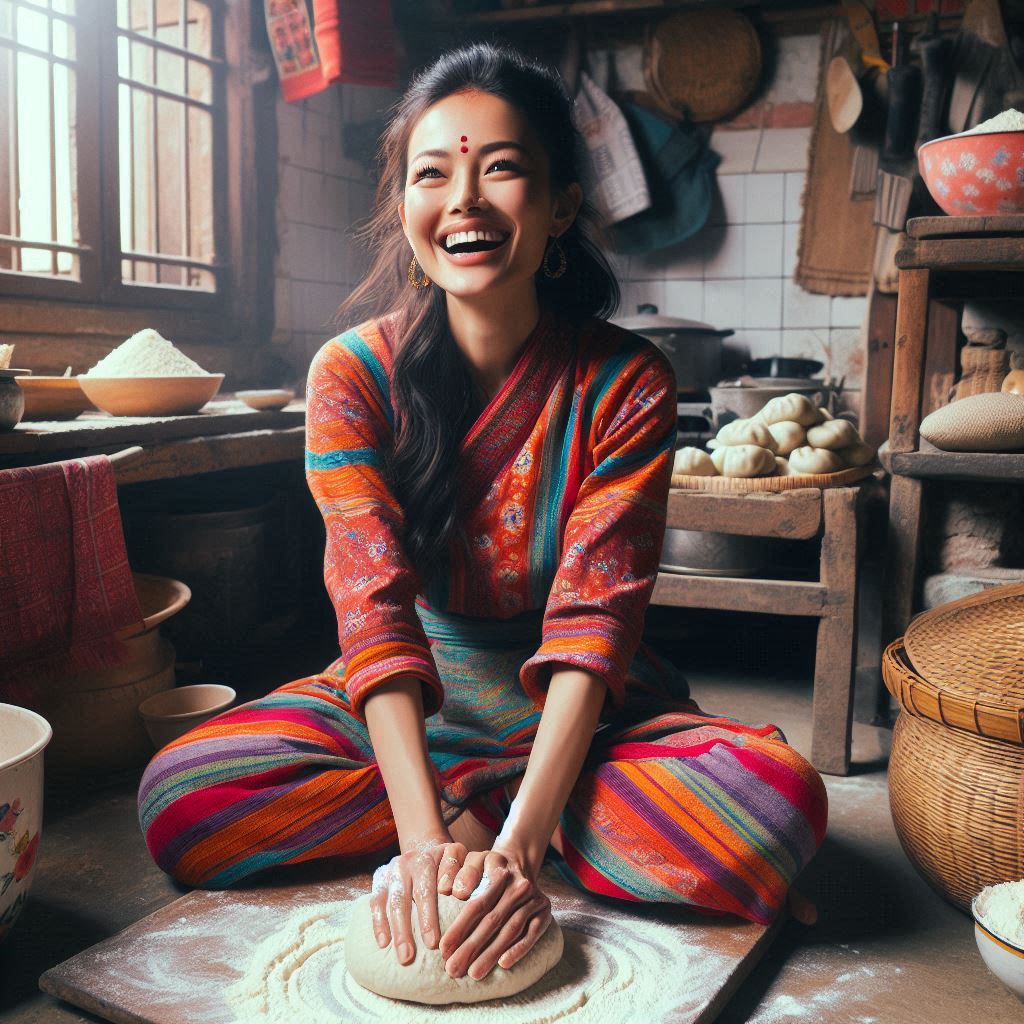
Yomari means “favorite bread” in the Newari language, Newari is the original language of the Kathmandu Valley. The Yomari dish is a symbol of the rich culinary culture of Kathmandu and its outskirts.
Yomari is similar to a sweet dumpling created with rice flour molasses and a sesame filling. However, there are multiple layers to this cuisine.
Yomari encompasses a wonderful tradition surrounded by legends, festive ceremonies, songs, as well as personal stories.
The legend suggests, that Yomari was a dish created by a married couple; Suchandra and Krita from Panchal Desh (present-day Panauti a village on the outskirts of Kathmandu), and the belief is the dish was blessed by ‘Kubera’, the god of wealth.
Yomari is a festive dish and is celebrated especially during the full moon in winter. It is associated with a post-rice harvest ceremony where rice grains are stored in-house.
Apart from the annual event, after the 8th month of pregnancy, Yomari is brought from the maternal house for the ceremony known as Dhaubaji nakegu (yogurt and beaten rice eating ceremony) which is similar to a baby shower in the West.
On the 2nd birthday of the child, the maternal house sends Yomari and additional Yomari has to be produced in the paternal house.
Yomari has a role in celebrating ‘even’ birth years. Newari children up to the age of twelve wear a garland of Yomari with uncooked rice filling in their ‘even’ birth years. The child will wear two Yomaris on their second birthday and four Yomaris on their fourth birthday, and that will continue until they are twelve.
In an old age ceremony known as Buda Janku, the senior is showered with a bucket full of Yomari and sesame (known as taula) this process is called Lukegu.
The Jyapu community of Lalitpur uses Yomari in Kija Puja which shows a distinct regional/caste-based variation.
Yomari is thrown and scattered from the chariot ceremony of Janabahadyo (also known as White Machhendranath) and Bungadyo (aka Red Machhendranath).
The lucky person who can catch it will accept it as prasad (a divine blessing that can be eaten).
In the UK, the Newari community integrates the Yomari tradition around the Holiday season of Christmas. Similarly, in Master Chef UK, the finalist Santosh Shah, a Nepali, served a modified version of Yomari in the competition.
Yomari has transformed from a traditional dish produced for specific occasions into a commercial product served in restaurants. Yomari is a beautiful traditional cultural heritage of Nepal that must be documented before its essence gets lost in time.
Author
Kripendra Amatya
Editor
Dana Moyal Kolevzon, Director of International Relations, Nepa~laya Productions
Published Date
November 29, 2024
